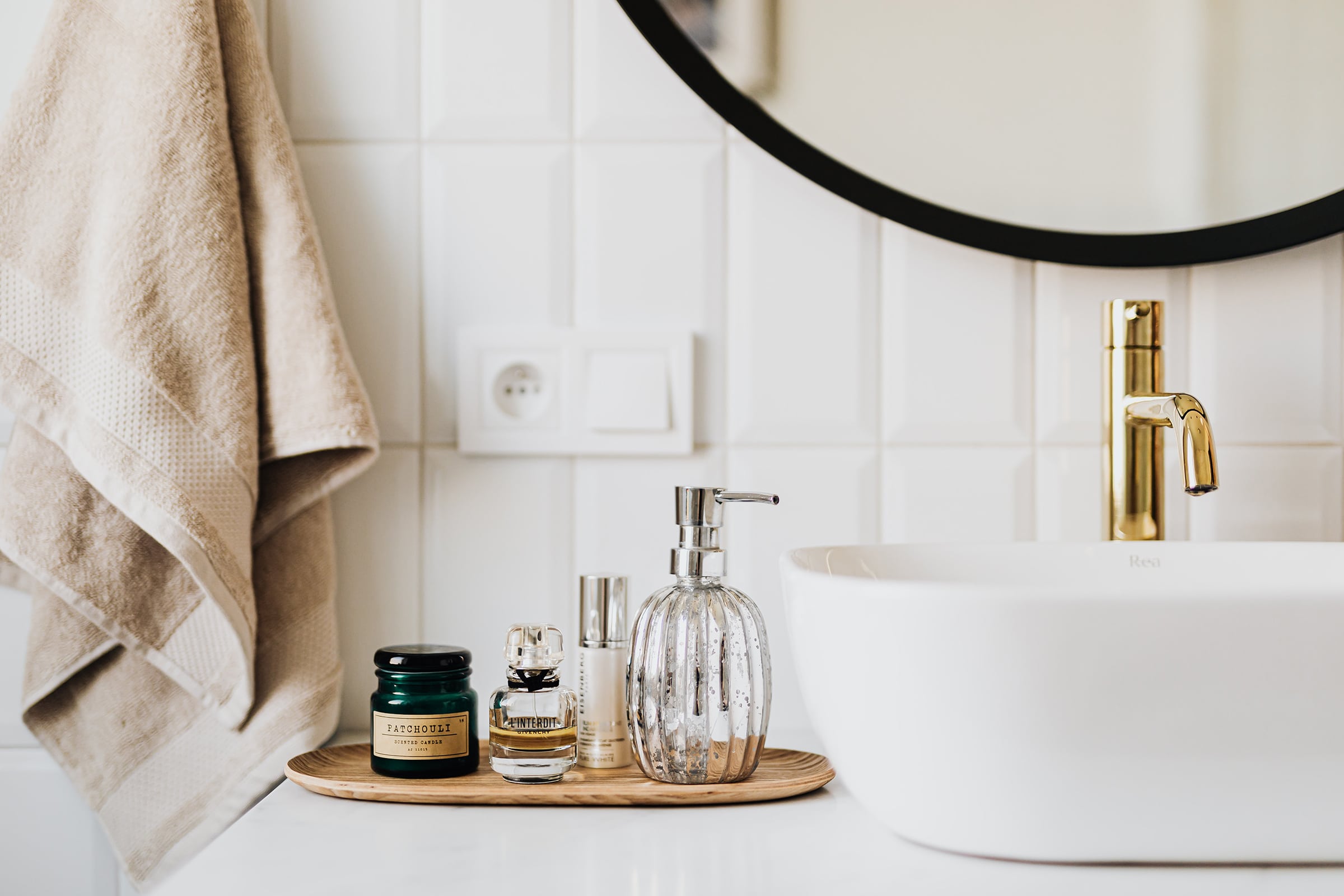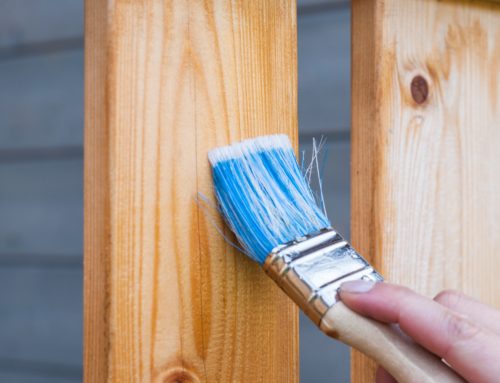Are your countertops covered in piles of papers? Does the thought of opening your closets make you nervous? You’re not alone. Most of us have a lot more “stuff” in our homes than we need, use, or even want. All too often, our possessions end up owning us rather than the other way around.
We hope this post will encourage you to stick to a plan that will lead you to a clutter-free home. But, before you can succeed, it’s smart to understand why so many others often fail to achieve their life-changing goals. Let’s begin by examining New Year’s resolutions.
New Year’s Resolution: “Get Organized”
According to data pulled from Google search terms by iQuanti, a data-driven digital marketing company, “Get Organized” is once again one of the most popular New Year’s resolutions. Unfortunately, there’s a reason the same goals come up year after year: Overall, we’re terrible at sticking to them. In fact, research suggests only about 9 percent of people achieve their New Year’s resolutions.
Why do so many resolutioners fail? The truth is, the best resolutions require you to change ingrained behavior, and that’s not easy. In the excitement of new beginnings, some people tackle their problem too aggressively, quickly become frustrated, and eventually give up. Others are already so overwhelmed they don’t know where to begin.
Consequently, in either scenario, they’re often too hard on themselves and come away feeling more ashamed. Definitely not the positive change they wanted to achieve. Although this may be true, it doesn’t have to end this way. If you decide you want to get control of your stuff and get organized, here is a step-by-step plan.
Reach Your Organization Resolution in Five Steps
Step 1: Start with Your Intention
The first step involves some introspection. This is important because your answers lay the foundation for your future actions and the effect you will experience. Your intention is your personal why behind the what (your resolution to get organized). Only you know the answer to this, and you need to be honest with yourself if you want long-lasting results.
This step is critical because intention gives your goal heart. It’s the fuel that will propel your life-changing actions well past the second week in February – the typical time most people abandon their resolutions. For instance, when decluttering gets frustrating or just plain boring (and trust us it will), it’s helpful to go back to this point of reference. Let your intention be your guide.
To help you get started, here are two examples of how NOT having an organized home can negatively impact your relationships. First, homeowners will avoid hosting parties and gatherings because they’re embarrassed by the clutter. Second, consider a family who’s always late because they’re searching for that missing shoe or paper. Now it’s your turn. Ask yourself:
- What does my messy house prevent me from doing?
- What will an organized home mean for my family? For myself?
- How does my cluttered house make me feel?
- How do I want to feel when I enter each room?
Step 2: Outline Your Resolution
It’s time to turn your intentions into clear, bite-sized, measurable goals that you record on paper. “A dream written down with a date becomes a goal. A goal broken down into steps becomes a plan. A plan backed by action makes your dreams come true,” said Greg S. Reid, a motivational speaker and bestselling author of Footsteps of the Fearless.
- Walk through your house and make a list of all of the rooms.
- Think about how each space functions and what’s not working.
- Note your daily, weekly, and monthly behaviors and activities.
- Write down your mini-goals and put an action associated with each goal into your calendar.
Step 3: Take Action
Next, get organized now — one small action at a time.
- Make daily and weekly commitments to keep your stuff under control.
- Document your decluttering progress with journal entries or photographs.
- Identify the areas of your home that tend to collect more clutter. Focus more energy there.
- Scrutinize each item. Ask: Does this give me joy and help create the life I want to live?
- Give yourself permission to get rid of things that no longer serve you.
Are you struggling with sentimental clutter? This article gives helpful tips.
Step 4: Be Kind to Yourself
Research shows that when you’re under stress, you’re likely to fall back into old patterns and have a harder time achieving your goals. For example, if you’re in a stressful situation while trying to organize your home, you may find yourself piling clothes that don’t fit onto your dresser instead of donating them to charity.
- Be self-aware and honest about how you’re feeling.
- Change storage systems that aren’t working.
- Ask someone you trust to be your accountability partner.
- If you’re really overwhelmed, consider hiring a professional organizer.
Step 5: Stick with It
Most homeowners learn organizational skills; they aren’t born with them. If your first attempt at decluttering doesn’t go as planned, take a short break, reevaluate, and then try again. It will take time and repetition to get into the habit of keeping your home organized. In fact, research shows it will probably take anywhere from two to eight months to build a new behavior into your life — not the mythical 21 days.
The same researchers also discovered it doesn’t matter if you mess up every now and then. Positive life-changes take time. So, don’t give up. Perfection is unrealistic, but practice makes perfect better. And isn’t becoming a better version of yourself precisely the point of New Year’s resolutions?
- Give yourself permission to make mistakes.
- Embrace the fact that getting organized is a process, not a one-time event.
- Develop strategies for getting back on track quickly.
- Focus on how happy your clean and organized home makes you feel.
In conclusion, the decluttering, cleaning and organizing process will most likely be challenging. It takes trial and error, some soul-searching, and patience to get better in this area. But, stick with it. In the end, getting organized is one of the most rewarding investments you can make for yourself and your home.
We wish you success on every step of your organizing journey and all the best for the year ahead.











